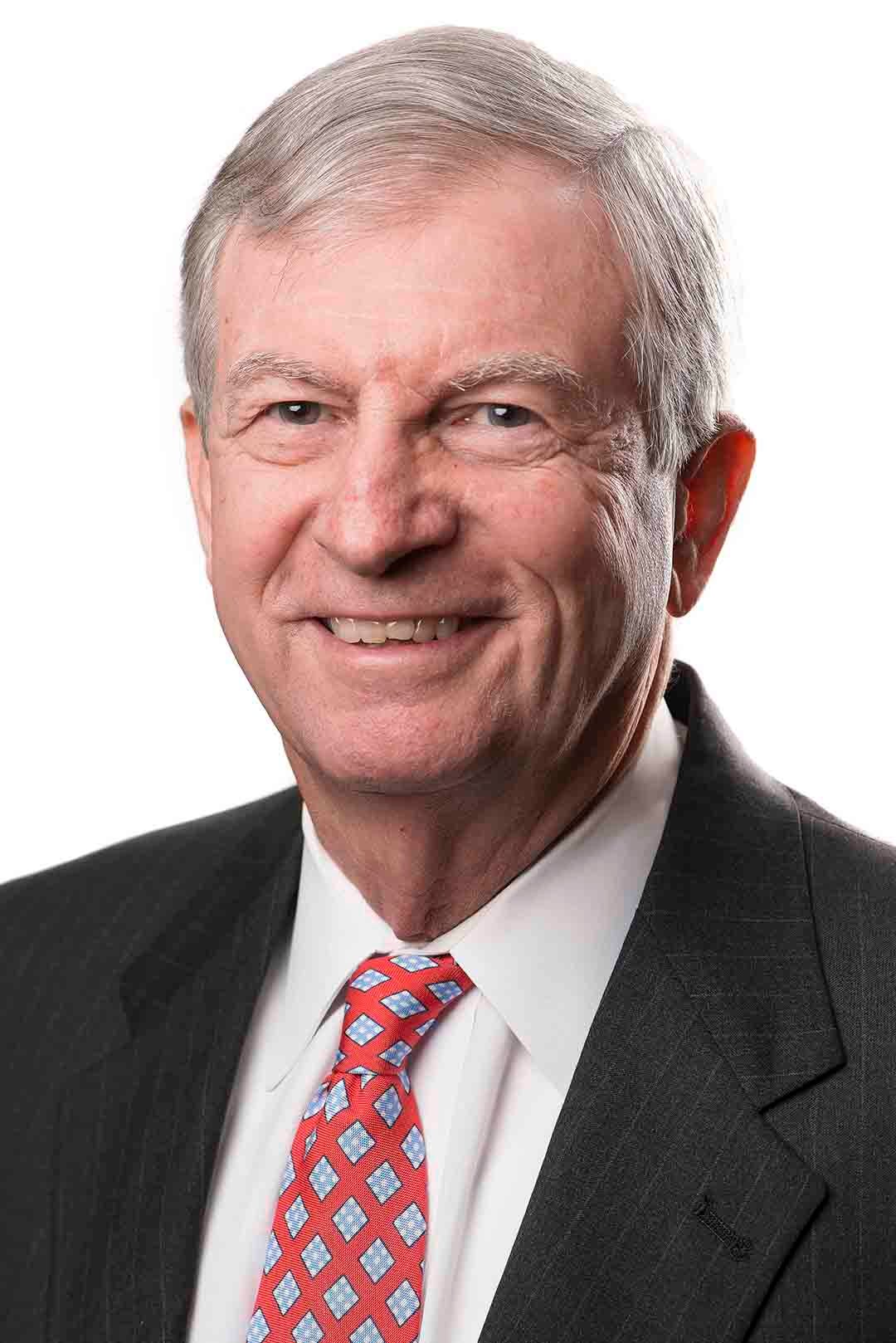Augusta attorney and media law expert David E. Hudson, who’s worked for the Hull Barrett Law Firm since 1974, has spent much of his distinguished career successfully defending media professionals and companies in libel and slander cases argued before the Georgia Supreme Court and the state’s Court of Appeals.
Hudson spoke to an in-person group of more than 30 Augusta University students and faculty on Jan. 28, and more participated via video conferencing.
[adrotate banner=”15″]
The virtual presentation on freedom of speech was the first in a four-part series the university plans to hold on the First Amendment, according to Roberto Aragon, coordinator for student involvement and civic engagement at AU.
Before the presentation, Aragon introduced Hudson and listed his many accomplishments, including graduating at the top of his class at Harvard Law School, arguing a case before the U.S. Supreme Court and acting as General Counsel for the Georgia Press Association.
“I think it’s an essential function for our democracy to have free press, so it’s an honor to talk to you, and it’s been an honor to work in this field,” Hudson said in his presentation.
He began by discussing the history of the First Amendment to the U.S. Constitution, one of 10 amendments that make up the Bill of Rights, which was ratified on December 15, 1791.
“Many states said they wouldn’t ratify (the Constitution) unless amendments were added to protect some essential freedoms,” said Hudson.
[adrotate banner=”20″]
He explained that James Madison drafted the amendment to prevent Congress from enacting laws that violated certain rights, including freedom of speech and freedom of the press. But it wasn’t until the passage of the 14th Amendment in 1868 that these protections were granted equally to all U.S. citizens in every state, including freed slaves, Hudson said.
“With the passage of the 14th Amendment, the Supreme Court of the United States and lower courts following that lead have held that the 14th Amendment incorporated the basic freedoms that were granted in the Bill of Rights,” he said.
Hudson then discussed perspectives on the First Amendment from historical political figures, such as Abraham Lincoln, Adolf Hitler and Thomas Jefferson. He also addressed former President Donald Trump’s argument that Facebook and Twitter violated his First Amendment right to free speech by banning his access to their sites.
“They are private entities, and as private entities, they can decide what they will allow or what they won’t allow to be transmitted on their platform,” Hudson added.
Another example he gave was that public universities don’t have the right to ban students from wearing Black Lives Matter T-shirts on campus, but private colleges do.
“High schools are a gray area” because principals have the right to prohibit behavior that’s potentially disruptive to the school, Hudson said.
While the U.S. government is prohibited from restricting the right to freedom of speech, he said there are legal exceptions to that right, including the distribution of pornographic images and speech that’s likely to incite violence. Trump has been accused of inciting the Jan. 6 riot at the Capitol building, Hudson said.
“He’s not being criminally charged,” but he’s facing impeachment, he added.
“You cannot advocate the violent overthrow of the government,” said Dr. David Bulla, professor and chair of the university’s Department of Communication. “I don’t know how easy it’s going to be to prove it.”
Like Hudson, Bulla said a high school principal has the right to tell a student not to wear certain clothing, such as a Confederate flag shirt, to school because that could be disruptive to other students.
[adrotate banner=”38″]
While some may be offended by such attire, the government still can’t violate one’s right to freedom of expression, he said.
“We have to tolerate things we don’t like, but only up to a point,” Bulla added. “There’s a time and a place for everything.”
He said many people take the First Amendment for granted, but “most countries in the world don’t have that,” Bulla said.
Both he and Hudson also discussed the landmark 1964 Supreme Court case, New York Times v. Sullivan, which made it almost impossible for a public figure to sue for defamation, Bulla said.
A public figure refers to any well-known person, such as a famous actor, professional athlete or prominent politician, they said. That means it would be difficult for Trump, his wife or his grown children to win a lawsuit for slander, but that’s not the case for the former president’s 14-year-old son, Bulla said.
“I would be very careful what I said about him,” he added. “He’s not out to be a public figure.”
The next event in the series will cover freedom of the press and be held on Microsoft Teams on Thursday, Feb. 18 at 1 p.m., Aragon said. Speakers for that event will be Dr. Debbie van Tuyll, communication professor at AU and editor-in-chief of The Augusta Press, and Dr. Samir Husni, journalism professor and director of the Magazine Innovation Center at the University of Mississippi, he said.
The last two events in the series will feature guest speakers discussing the rights to assemble and petition the government, as well as freedom of religion, but plans for those haven’t been solidified yet, Aragon said.
As coordinator for student involvement, he’s planned many events, including voter registration drives and discussions on the controversial 2020 presidential election in the fall semester, Aragon said. His office also coordinated an inauguration watch party on Jan. 20, he added.
Aragon said one of his goals for these events was to help students communicate with friends and family members who voted for a different presidential candidate.
“You may not necessarily agree, but we can agree to disagree,” he said.
While Aragon facilitates these discussions and introduces guest speakers, he doesn’t try to influence their opinions by openly expressing his political views to students, he said.
“None of my beliefs are illustrated in the events,” Aragon said.
Josh Heath is a correspondent for The Augusta Press. Reach him at producers@theaugustapress.com
[adrotate banner=”38″]












